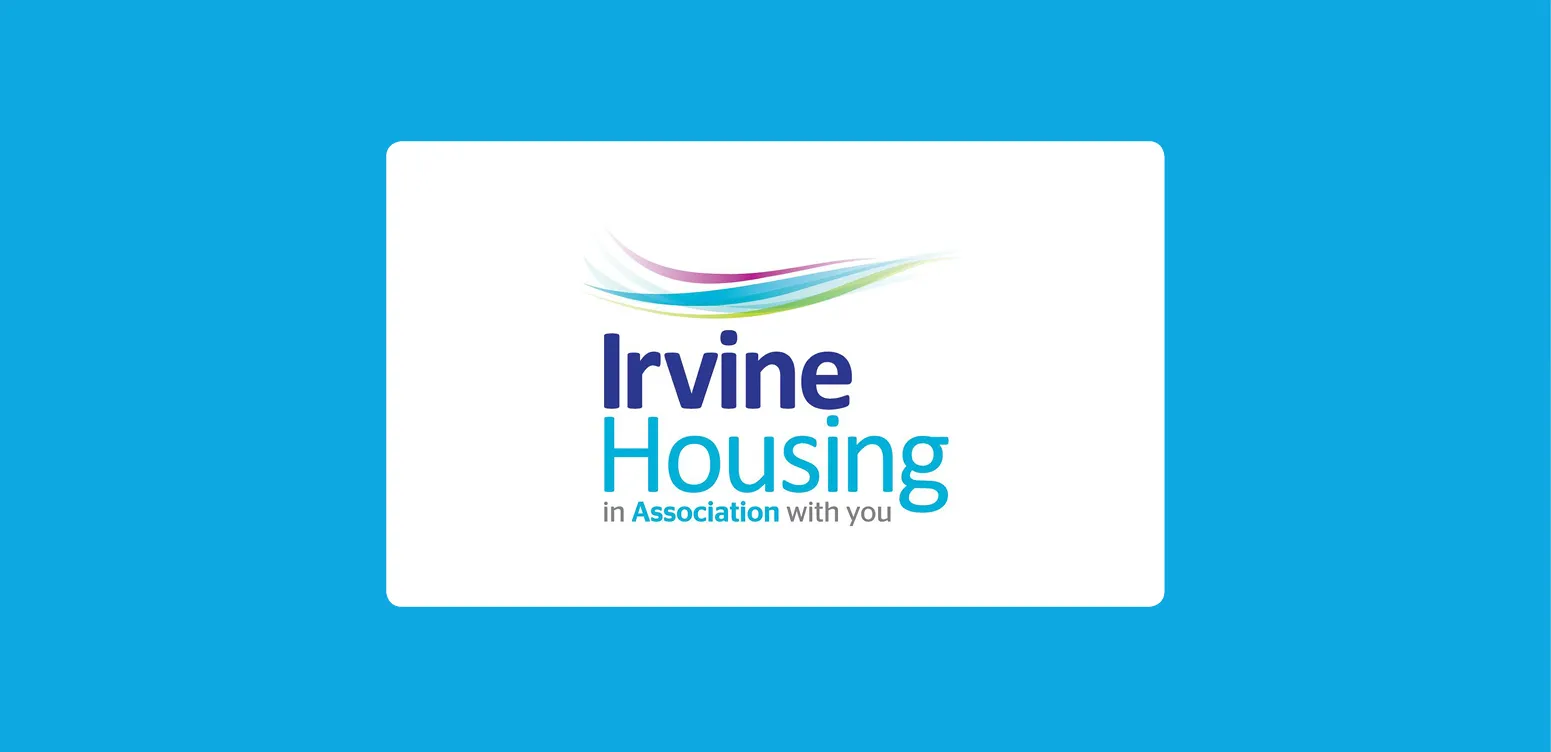Responding to homelessness during the pandemic
By Paul Hillard, Managing Director, Irvine Housing Association.
By Paul Hillard, Managing Director, Irvine Housing Association.

The Covid-19 pandemic has created many challenges for housing associations, but one of the biggest has been around how we could keep housing people who simply had nowhere else to go. The homelessness crisis across the UK was a difficult issue to tackle before coronavirus, but it has become an even more crucial part of our work at Irvine Housing Association (IHA), and our colleagues at The Riverside Group.
Let’s face it, those of us with safe, warm homes were anxious and worried about the unfolding situation at the beginning of last year – for those without these basic needs met, it will have been terrifying.
In responding to homelessness during a pandemic, the challenges, during the first national lockdown, in particular, were many – the need to keep our employees and customers safe, the need to comply with restrictions, and the need to move quickly to help those who desperately needed a home.
Working with our local authority, and third sector partners we identified those we could help and put in place a plan to safely, but quickly, turn around our vacant properties, so they could be allocated to new customers, based on their needs.
Before the Covid-19 pandemic, IHA allocated around 35% of our lets to homeless households. I’m proud to say that all of our properties that became available during the first lockdown were let to homeless households.
We know times have been tough for everyone, but there is no doubt that some, more than others, have suffered, and, sadly, I believe homeless people are currently in a more worrying situation than ever.
During the first lockdown, Crimestoppers received a record number of reports about domestic abuse, and child harm and neglect during lockdown, with reports about people at risk of domestic abuse increasing by 81%.
We were especially pleased to forge an even stronger partnership with North Ayrshire Women’s Aid during the pandemic and play our role in helping those affected by domestic abuse.
The Riverside Group is one of the country’s largest providers of housing for those affected by homelessness. Together, Riverside and Irvine supported more than 600 people affected by homelessness across Scotland and England during the first pandemic phase. This is on top of the 12,000 homeless people the group supports in other ways, every year.
The UK Government’s ‘Everyone In’ initiative, to find interim housing for all rough sleepers during the first national lockdown, helped provide support to thousands of people across the UK by temporarily housing them in hotels. Because of the approach taken by Riverside, IHA and the local authorities involved, many people have now benefited from a faster move into more structured, and better quality accommodation, designed to create a better community among those affected by homelessness.
I hope there will also continue to be a focus on the Housing First approach across the UK – which focuses on finding homes for people and helping them build a more stable life for themselves and their families.
Indeed, at IHA, we were recently awarded Scottish Government grant funding of £105,000 to fund two new support co-ordinators who will form part of a new Housing First for Families support service for households with children, who are struggling to maintain their tenancy or who have previously been through the homeless system.
I’m proud that, collectively, we have been able to step up and help many people during a national health emergency.
However, in my view, the Scottish Government and UK Government now face a bigger challenge than ever in supporting homeless people, with a new lockdown, freezing temperatures and a more virulent strain of the virus, and, sadly, homeless people currently face the perfect storm of conditions.
Research in The Lancet tells us that people experiencing homelessness have a higher chance of becoming seriously ill from Covid-19.
I believe more needs to be done across the UK to recognise and support people affected by homelessness through a long-term strategy that takes into account the many new challenges that will emerge once the pandemic is over.
There are many challenges to come, but one of the things that this ongoing pandemic has shown is that we can move quickly, work together, and respond to difficult situations with positivity and kindness. I hope that gives us all confidence and hope for the future.